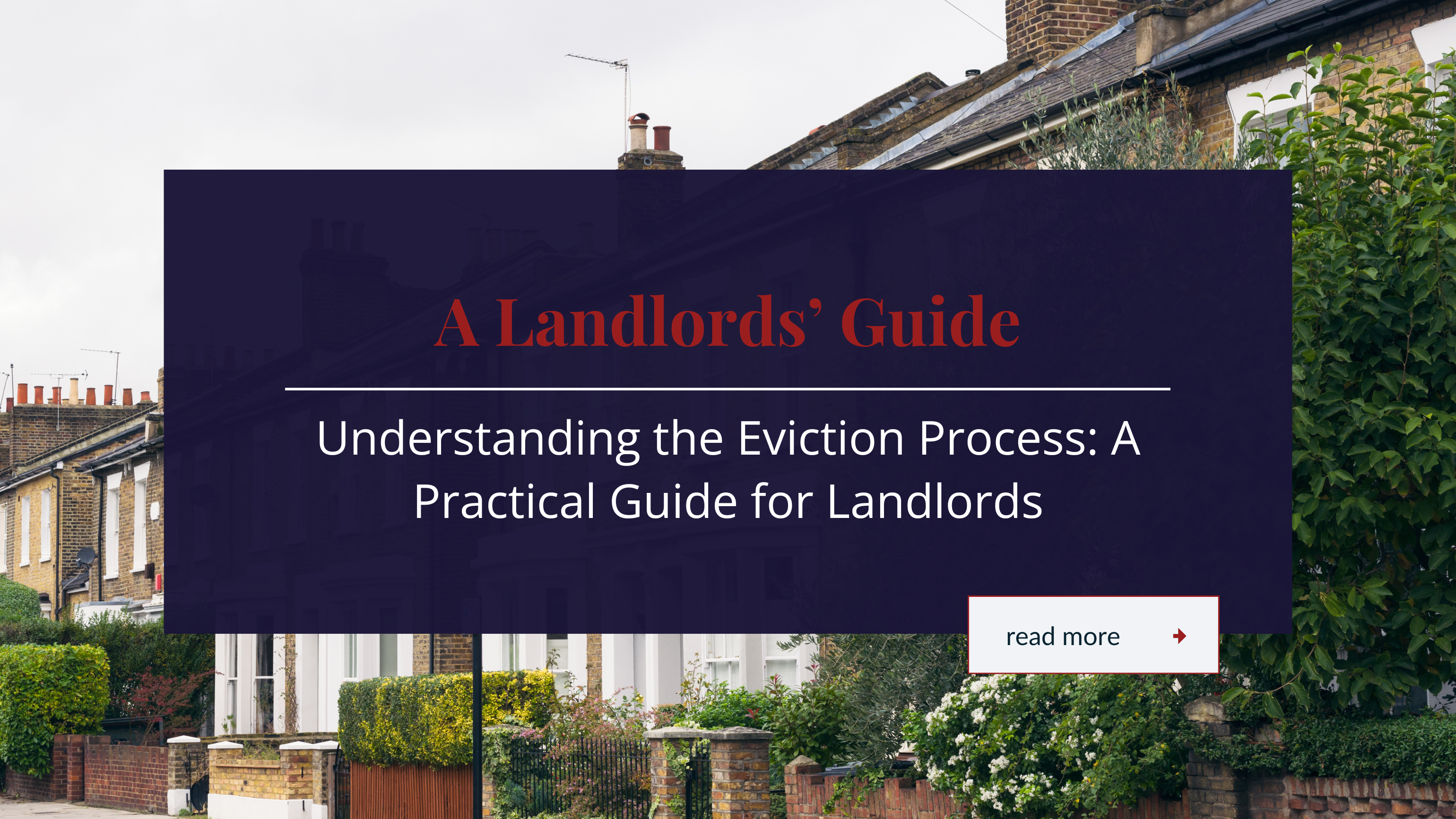Most tenants are decent people who pay their rent promptly and go out of their way to get on with their neighbours.
What often concerns landlords are the few who don’t follow the rules.
If the worst happens, there may come a time when you wish to evict a tenant. It could be because they have been misbehaving; or you may wish to get your property back either to sell it, or to live there yourself.
There are a number of steps you have to take to do this properly. This will help the eviction process go smoothly and will dictate the measures you can take if they resist leaving. Your letting agent will also be able to assist.
Speak to your tenants
Whether it’s by phone or by email, it is advisable to get in touch with your tenant, especially if they are in arrears with the rent or have been engaging in anti-social behaviour (ASB).
You could potentially help them with a repayment plan, or help them to access benefits, or point out ASB problems – for instance, they might not realise that neighbours have complained, and might then adjust their behaviour.
In any case, it is polite to give advance warning that you intend to serve notice. They might want more time before leaving, and perhaps you can negotiate on this.
If you are doing this by phone, it is a good idea to confirm what has been discussed in a letter or email, so you have evidence if you face the worst case scenario of going to court to get your property back.
Ensure the tenancy paperwork is in order
To be in the best possible position, ensure you or your letting agent has the correct documents which must be issued at the start of a tenancy.
When you take on a tenant, they must be provided with a copy of the government document “How to rent: the checklist for renting in England”. Along with that, they must be given a copy of the Energy Performance Certificate and the Gas Safety Certificate if applicable.
Any good letting agent can ensure this is done at the start of the tenancy. However, you can serve those documents retrospectively but must follow certain procedures, so it is best to seek advice.
How to serve notice
Whether it’s for fixed-term Assured Shorthold Tenancies (AST) or periodic tenancies (ie they have “rolled on” and continued after the end of a contract), the procedure is usually the same.
Notice must be served in writing, two months prior to the date you want your tenant(s) to leave and stating that date. Normally you’ll use a Section 21 notice (Housing Act 1988) but note you cannot end the fixed-term early.
You can end it earlier in the case of arrears, significant damage or ASB, using a Section 8 notice, but this can end up being just as lengthy, as the court may get involved.
In the majority of cases the tenant will leave at the end of the notice period, but in some cases they may refuse.
If so, find out why and see if it is something that can be resolved between you – because otherwise, the next step could be lengthy and costly. Please note you cannot harass a tenant or force them to leave – it’s against the law.
The process of going to court
This is recommended only when all else has failed. It costs around £500 to get a warrant but there will be legal costs on top, and the courts are busy and move very slowly.
A judge will decide whether to make an order of absolute possession, taking into account the tenant’s circumstances. The judge will set a date for leaving, which could be as soon as two to four weeks’ time. Hopefully the tenant will then go.
If they still will not vacate, bailiffs appointed by the court will give tenants 14 days’ notice before visiting the property. If they are refused entry, they have the powers to bring round a locksmith to open the door. At this point the tenant must leave, though the bailiffs will allow time to pack.
Here at LeBern Property, we have 10+ years of property management experience. For information and advice on the lettings process, management of your property, finding and retaining tenants do not hesitate to contact us at one of our branches.
Find out how much your property is worth and how much you could charge prospective tenants who rent by using our free and instant online valuation.




